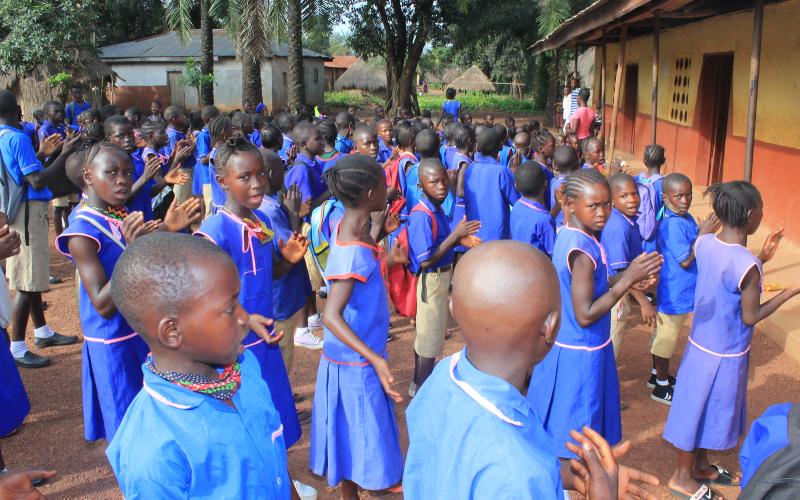
Africa which is the second largest continent on earth after Asia by size and population is also home to river Nile, the longest river in the world. A continent blessed with various human and natural resources such as copper, gold, natural gas, timber, cocoa, diamond, uranium, salt, tropical fruits among others. These resources make Africa ranked the number one when it comes to the abundance of natural resources. Africa’s vast arable lands and its great potential for hydroelectric power, solar energy and geothermal energy attract countries from other continents.
With all the aforementioned resources, one could quickly conclude that Africa should have the richest countries and people in the world. However, that has not been the case with the continent which makes people wonder why. So many factors could be responsible for the sorry state Africa finds itself, from the colonization of countries by European masters to the unpreparedness of African leaders for independence. Many African leaders quickly let go of the democratic system set by their colonial masters and took on the authoritative system while military governments became popular in the continent.
A common strategy to military government is oppression which is used to silence the voice of opposition. The military government most of the time do not care who is affected as long as their hold of power is not threatened. Many military governments across Africa will intentionally cripple different systems in their countries to ensure they stay in power. One such system is education. They stopped investing in the people and as it is commonly known, “Knowledge is Power”.
Over the years, the Educational system keeps deteriorating as governments upon governments continued to use it as a strategy to silence the opposition. Governments refused to invest in teachers, build new schools or equip the existing ones with modern facilities but rather prefer to equip their pockets. Even after some countries returned to democracy in Africa, corruption in government still thrived while the educational system still suffered the same fate it did during the military governments.
The educational system became epileptic as schools were underfunded with inadequate or no teaching facilities. Academic and non-academic staff across the various levels of education will continue to embark on subsequent strikes to demand and protest government’s failure to pay salaries or other benefits as at time due leading to the closure of schools. Qualified instructors shun teaching jobs for better-paying ones, while some of those who take up the teaching jobs only do so as the better alternative in the absence of well-paying jobs. Which over time, because they lack passion for the job, their commitment is drastically reduced, creating a deficiency in the quality of education being given and leading to a rise in student to teacher ratio.
The curriculum being used in most schools have become obsolete while the teachers get little or no further training from the appropriate ministries after being hired. Students gain admission into tertiary institutions studying the outdated curriculum for jobs that are no longer in existence. Thus, when they graduate it becomes difficult to secure jobs due to the deficiency in skills gap needed in the labor market. While for the lucky ones who get the opportunity to travel abroad to get a better education, many will choose not to return home because of the abundance of opportunities they could get abroad. This act leads to the loss of highly educated people who could have made a difference in the educational sector and loss of revenue.
For Africa to really take its place in the world, governments need to realize the importance of investing in the people and the need for an overhaul of the educational system. The government should be dedicated to building more schools and equipping those schools with modern facilities. Teaching jobs should be made attractive so that qualified people would be willing to take it up as a career. Teachers’ training should be consistent and regular. A new curriculum should be written to address current and future issues that are pertaining to the region and should be reviewed in the not too long future, while the content remains skills focused. Partnerships with international organizations for research and innovation purpose will help bring some of the desired changes in the educational system. For example, universities in Africa could partner with international organizations or universities to help solve the problem of an epileptic power supply which is one of the issues facing the region.
Written by Adedoyin Ademola

